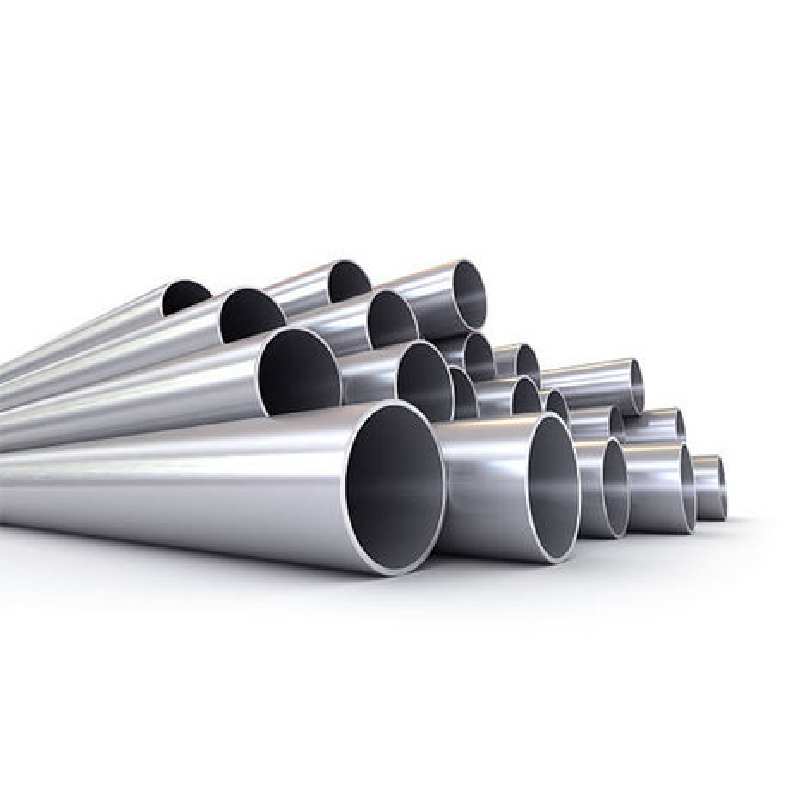-
Cangzhou Yulong Steel Co., Ltd.
-
Phone:
+86 13303177267 -
Email:
admin@ylsteelfittings.com
- English
- Arabic
- Italian
- Spanish
- Portuguese
- German
- kazakh
- Persian
- Greek
- French
- Russian
- Polish
- Thai
- Indonesian
- Vietnamese
- Zulu
- Korean
- Uzbek
- Hindi
- Serbian
- Malay
- Ukrainian
- Gujarati
- Haitian Creole
- hausa
- hawaiian
- Hebrew
- Miao
- Hungarian
- Icelandic
- igbo
- irish
- Japanese
- Javanese
- Kannada
- Khmer
- Rwandese
- Afrikaans
- Albanian
- Amharic
- Armenian
- Azerbaijani
- Basque
- Belarusian
- Bengali
- Bosnian
- Bulgarian
- Catalan
- Cebuano
- China
- China (Taiwan)
- Corsican
- Croatian
- Czech
- Danish
- Esperanto
- Estonian
- Finnish
- Frisian
- Galician
- Georgian
- Kurdish
- Kyrgyz
- Lao
- Latin
- Latvian
- Lithuanian
- Luxembourgish
- Macedonian
- Malgashi
- Malayalam
- Maltese
- Maori
- Marathi
- Mongolian
- Myanmar
- Nepali
- Norwegian
- Norwegian
- Occitan
- Pashto
- Dutch
- Punjabi
- Romanian
- Samoan
- Scottish Gaelic
- Sesotho
- Shona
- Sindhi
- Sinhala
- Slovak
- Slovenian
- Somali
- Sundanese
- Swahili
- Swedish
- Tagalog
- Tajik
- Tamil
- Tatar
- Telugu
- Turkish
- Turkmen
- Urdu
- Uighur
- Welsh
- Bantu
- Yiddish
- Yoruba

Dec . 03, 2024 18:16 Back to list
Exploring Different Types of Pipes and Their Applications in Various Industries
Understanding Pipe Types A Comprehensive Guide
Pipes are essential components in various fields, including construction, plumbing, manufacturing, and oil and gas industries. Each type of pipe is designed to serve specific purposes, and understanding these differences is crucial for professionals and DIY enthusiasts alike. This article provides an overview of various pipe types, their materials, applications, and key characteristics.
Types of Pipes by Material
1. PVC (Polyvinyl Chloride) Pipes PVC pipes are widely used in plumbing and drainage systems. Known for their lightweight and resistant characteristics, these pipes do not corrode and are easy to install. They are commonly used for water supply applications, irrigation systems, and in the construction of underground drainage systems. PVC pipes can withstand high pressures and are available in various diameters.
2. CPVC (Chlorinated Polyvinyl Chloride) Pipes CPVC pipes, similar to PVC, are designed for hot and cold water distribution. The addition of chlorine to the polymer structure allows them to handle higher temperatures, making them suitable for residential and commercial hot water systems. CPVC is also resistant to many chemicals, which broadens its application in industrial environments.
3. PEX (Cross-Linked Polyethylene) Pipes PEX plumbing systems have gained popularity due to their flexibility and ease of installation. PEX pipes can expand and contract without breaking, making them ideal for residential heating systems, particularly for radiant floor heating. They are also resistant to scale and chlorine, which contributes to their longevity.
4. Copper Pipes Copper pipes are known for their durability and resistance to corrosion and bacteria. They are often used in residential plumbing for water supply lines and are capable of withstanding high temperatures. Copper pipes can be rigid or flexible, and their ability to be soldered makes them a reliable option for long-term installations.
5. Steel Pipes Steel pipes can be classified into two main categories black steel and galvanized steel. Black steel pipes are primarily used for transporting gas, while galvanized steel pipes are coated with zinc for corrosion resistance and are often used in water supply lines. While steel pipes are robust and have a high tensile strength, they can be prone to rust and require protective coatings in certain applications.
pipe types

Specialized Pipe Types
1. HDPE (High-Density Polyethylene) Pipes HDPE pipes are known for their high strength-to-density ratio and flexibility. These pipes are often used in water and gas distribution systems, as well as in industrial applications. Their resistance to chemicals and low-friction properties make them an ideal choice for various environmental conditions.
2. Concrete Pipes Concrete pipes are predominantly used in large-scale drainage and sewer systems. These pipes are known for their durability and ability to withstand heavy loads. Precast concrete pipes are widely used in municipal applications where structural integrity is crucial.
3. Fiberglass Pipes Fiberglass pipes offer high resistance to corrosion and are lightweight, making them suitable for chemical processing and wastewater treatment applications. Their unique structure allows them to handle high pressures, making them popular in industries that require durable piping solutions.
4. ABS (Acrylonitrile Butadiene Styrene) Pipes ABS pipes are primarily used for drain, waste, and vent systems. They are known for their toughness and impact resistance. ABS is lightweight and easy to install, although its use in drinking water systems is limited due to regulatory standards.
Conclusion
Choosing the right pipe type is critical in ensuring the effectiveness and longevity of plumbing or industrial systems. Each pipe material has its own set of benefits and potential drawbacks, making it essential to consider the specific application before making a selection. Whether you're working on a simple home plumbing project or involved in large-scale industrial installations, understanding the various pipe types will help you make informed decisions that contribute to successful outcomes. Ultimately, the right choice will enhance performance, reduce maintenance costs, and prolong the lifespan of the system.
Latest news
-
ANSI 150P SS304 SO FLANGE
NewsFeb.14,2025
-
ASTM A333GR6 STEEL PIPE
NewsJan.20,2025
-
ANSI B16.5 WELDING NECK FLANGE
NewsJan.15,2026
-
ANSI B16.5 SLIP-ON FLANGE
NewsApr.19,2024
-
SABS 1123 FLANGE
NewsJan.15,2025
-
DIN86044 PLATE FLANGE
NewsApr.19,2024
-
DIN2527 BLIND FLANGE
NewsApr.12,2024
-
JIS B2311 Butt-Welding Fittings LR/SR 45°/90° /180°Seamless/Weld
NewsApr.23,2024











